Oracle has been in the news lately for effectively axing Solaris (and ZFS) development. We know there are STH readers and sysadmins everywhere upset at this move. Also this week, we saw the new Oracle Server X7-2 line on the company’s website. We were amused with what we saw in the data sheet, Solaris support.
Introducing the Oracle Server X7-2 Servers
The Oracle X7-2 server is a 1U design that utilizes the Intel Xeon Scalable (Skylake-SP) platform. Processor support is interesting. One can use either one or two CPUs. Instead of utilizing the entire Xeon Scalable line, Oracle lets you chose between Platinum, Gold and Silver CPUs. The Actual SKU list is just four CPUs deep:
- Intel Xeon Platinum 8160 processor: 2.1 GHz, 24 cores, 150 watts, XCC, 33 MB L3 cache
- Intel Xeon Gold 6140 processor: 2.3 GHz, 18 cores, 140 watts, XCC, 24.75 MB L3 cache
- Intel Xeon Silver 4114 processor: 2.2 GHz, 10 cores, 85 watts, LCC, 13.75 MB L3 cache
- Intel Xeon Gold 6128 processor: 3.4 GHz, 6 cores, 115 watts, XCC, 19.25 MB L3 cache
Other than the Intel Xeon Gold 6128 these are not the low core count high-frequency SKUs. The higher-end Platinum SKUs such as the Intel Xeon Platinum 8180 and 8176 are not available. Nor are the M series SKUs so the platform is limited to 1.5TB RAM.
Remember when Sun used to make groundbreaking server hardware with crazy options?
Oracle’s Newest Server Supports Oracle Solaris
Here is the head scratcher. Oracle made huge cuts to the Solaris team last week. One would imagine a new server platform is one where customers may want support from the Solaris team.
Behold, according to the Oracle documentation, if you want to run Solaris on a brand new platform after the development team was cut, with lower-binned CPU and memory options, Oracle supports Solaris (accessed September 7, 2017):
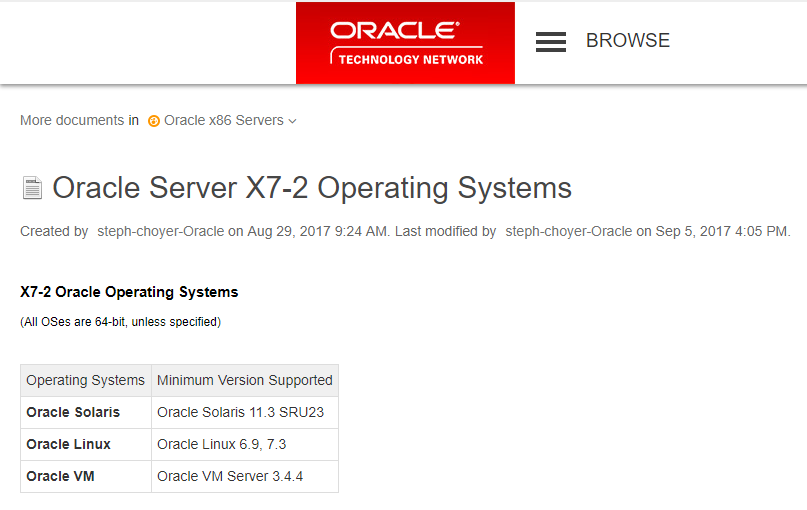
If you want to run Oracle Solaris on x86, we may suggest getting older Xeon E5 V4 era hardware. Oracle is not offering CPU SKUs with ground breaking performance. At least the E5 V4 generation (Broadwell-EP) has seen bug fixes over time. That KB article was modified on September 5, 2017 several days after the Solaris staff cut news broke.

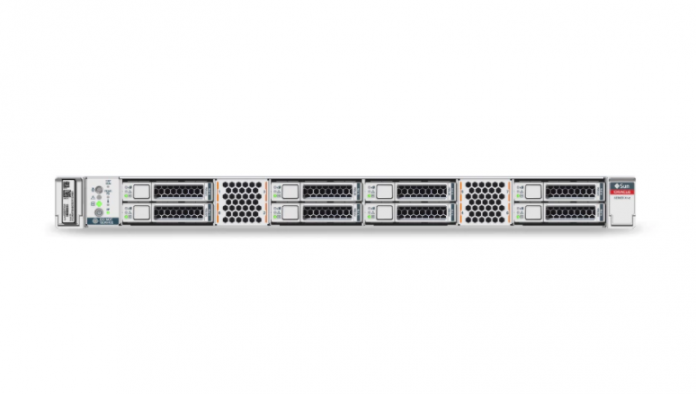
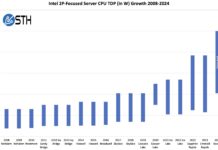
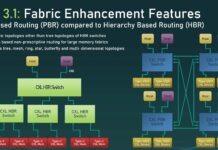
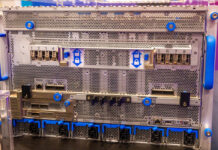
First of all Oracle must’ve not amalgamated Sun under Oracle branding. Although Oracle bought Sun long ago. They must’ve retained the name “Sun” for their enterprise hardware (and software) product lines. Imagine someone saying I got a Oracle server for my website (or my webserver). vs saying something like I got my website on a Sun Micro server. You now know the difference.
The name Oracle triggers our minds only the DB software. We cannot associate Oracle with anything other than that !
Oh yes we can, Oracle is also associated with very expensive.
OpenZFS has been doing more development on ZFS than Oracle has.
Oracle added Encryption but all the really cool kids know, Oracle been take contributions from OpenZFS.
On Solaris operating Environment. I think only feature that we do not have is user names over 8 characters.
Chris: Can you clarify what you mean by “If you want to run Oracle Solaris on x86, we may suggest getting older Xeon E5 V4 era hardware.”
Wasn’t the whole point of the announcement that, despite its recent death, Solaris _will_ still support Skylake? And a top X7-2 should still approximate the speed of even the E5-2699 v4, no?
But yeah, it seems mind-bogglingly stupid to limit the 8160 (2.1GHz base) as the top CPU SKU for X7-2. Are they trying to save a couple dollars on heat sinks?
Oddly, the 8168 (2.7GHz base) available for the X7-2L “storage oriented” model. Seriously weird.
Without seeing benchmarks I’m not sure I’d mourn that lack of 8180 (2.5GHz base), specifically, though. Looks like you pay a serious price in AVX2/AVX512 turbo speeds to get those last few cores to fit in a 205W TDP envelope.
See figure 3 at: https://www.intel.com/content/dam/www/public/us/en/documents/specification-updates/xeon-scalable-spec-update.pdf
P.S: fwiw, we have quite a number of the older X5-2 and X6-2 units deployed in house. They’re solid machines and as good as / better than other vendors we use. Maybe the X7-2 CPU weirdness is the beginning of the end but, at least from what I’ve used, the Oracle x86 line is still seriously good kit. Just my $0.02.